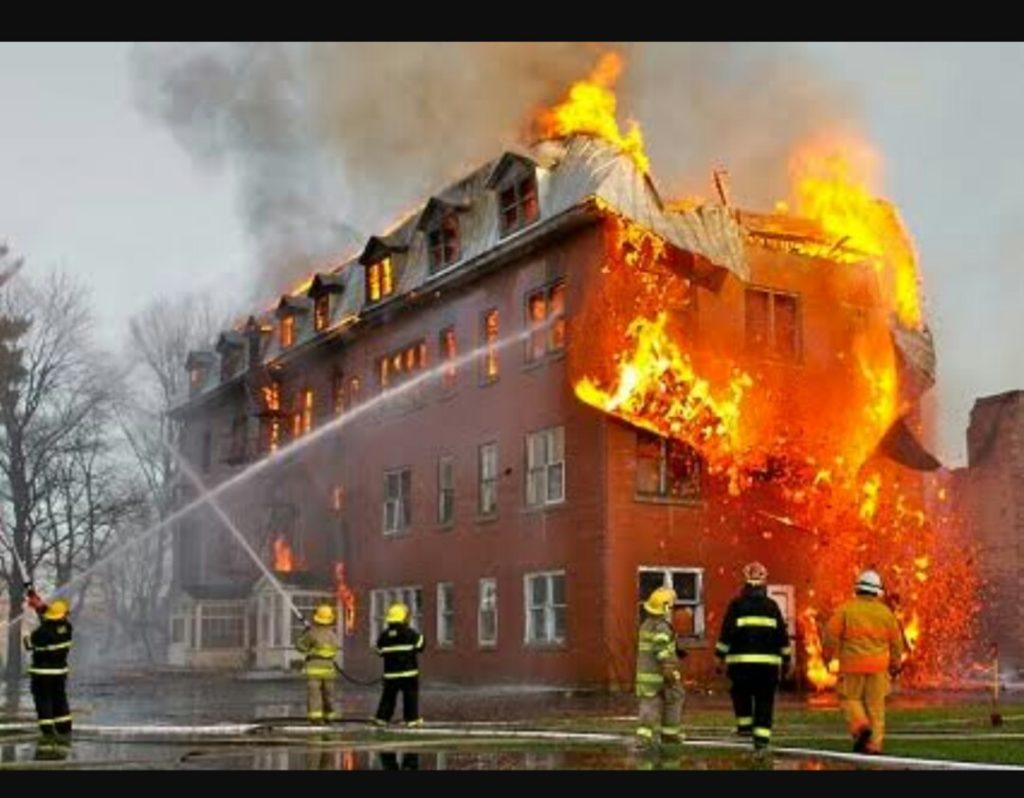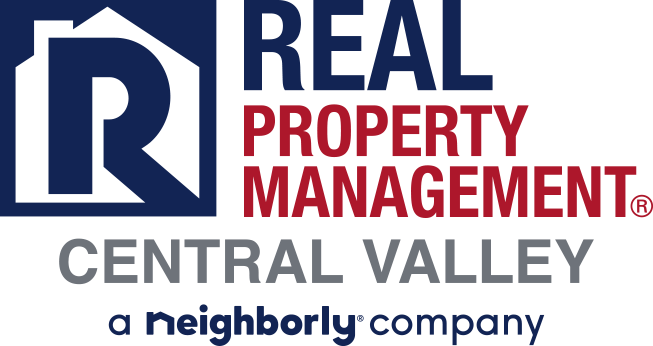Do you have fire insurance for your rental property?

Do you have fire insurance for your rental property? Sadly, many landlords and property owners don’t have fire insurance.
Neglecting fire insurance is a BIG mistake to make because, a structure fire occurs in the United States every 63 seconds, especially residential structures which are filled with modern furniture and appliances which have been documented to burn very easily.
All Risk vs. Named Peril Landlord Insurance Policies
Owners and operators of larger apartment buildings will want to own an ‘all risk’ landlord insurance policy, rather than a ‘named peril’ policy. This will provide a good deal of protection against common types of fires (with certain exceptions) and minimize the need for separate coverage.
Dwelling Fire Insurance Coverage
One alternative type of coverage that’s popular among smaller landlords is dwelling fire insurance—called DP-1, DP-2, or DP-3 for houses, or DP3-C for condominiums.
These policies may work for smaller properties housing 1 to 4 families, where the owner does not live on-site.
- DP-1 coverage is the most restricted type of coverage, with the narrowest list of covered perils. Generally, you’ll get this type of coverage for vacant buildings.
- DP-2, or broad form, is also a named peril coverage with much more named perils, including ice and snow weight damage, freezing pipes, collapse, and others.
- DP-3, or special form coverage, is an all-risk policy, and can be a good solution for smaller landlords. With this form of insurance, you need to take a look at the exclusions, which may include mold, rust, dry rot and wet rot, water damage, earth movement and governmental action.
For anything larger than a 4-unit, you’ll probably need to get a full landlord’s insurance policy, however.
Generally, these policies are stripped-down, inexpensive ‘named peril’ policies that cover the structure itself, but not the building’s contents—that’s the renters’ concern. These policies generally also provide some protection for other structures not attached to the main building, such as garages and sheds. You would have to add additional coverage for your personal property in the building, such as appliances that you’ve provided to tenants. Some policies offer coverage for fair rental value lost due to a covered peril, in addition to living expenses.
The downside of these types of insurance policies, as opposed to open peril landlord insurance policies, is that they generally lack liability insurance protection for you as the landlord. You may need to get this from a separate policy, such as an umbrella liability policy.
Get Property Management Here
For more information about fire insurance, or to get property management for your Central Valley rental property, contact RPM Central Valley today by calling us at (209) 572-2222 or CLICK HERE to connect with us online.
